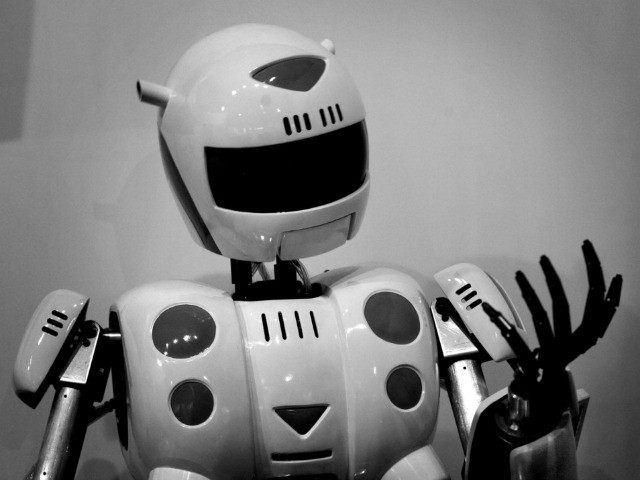The European Parliament Committee on Legal Affairs has voted favorably on a draft report which proposes giving legal personage to robots.
With seventeen votes against two, along with two abstentions, the committee agreed that “the most sophisticated autonomous robots could be established as having the status of electronic persons with specific rights and obligations, including that of making good any damage they may cause.”
The forward-thinking report asserts that humanity stands “on the threshold of an era” in which artificial intelligence could be responsible for a “new industrial revolution.” It includes obligations that robots would be held to as well, which seem based on Asimov’s Three Laws of Robotics, introduced by the author in a 1942 short story. His visionary fiction is now on the road to becoming a legal reality.
Luxembourg MEP Mady Delvaux has further proposed a “kill switch,” a mechanism by which humans could deactivate any artificially intelligent entity that operates outside of the laws established. Different levels of accountability would be assigned robots based on their level of sophistication, with increased levels of personal responsibility commensurate with the complexity of the synthetic being in question.
Despite offering a semblance of humane treatment to robots, the draft report also proposes very stringent boundaries on their design. It clearly draws a line in the sand, where “a robot is not a human and will never be human. A robot can show empathy but it cannot feel empathy.” Furthermore, it declares that no robot should ever appear to be “emotionally dependent.” Robots should never be allowed to seem overtly human, or “that he loves you or he is sad.”
Delvaux addressed the need to solve the complicated problems arising from daily interaction with complex AI in a brief interview. Among those issues are things as obvious as safety and privacy, but as nuanced as “informed consent.”
The rise of artificial life will very likely be humanity’s first interaction with intelligent non-human entities. Despite being of our own creation, there is a distinct possibility that they could outstrip us both mentally and physically. It’s heartening to see such concepts addressed with the gravity they’re owed, even if such rules are somehow never necessary.
The draft report and its revolutionary proposals are now on their way to the house, which will vote on it in February.
Follow Nate Church @Get2Church on Twitter for the latest news in gaming and technology, and snarky opinions on both.

COMMENTS
Please let us know if you're having issues with commenting.